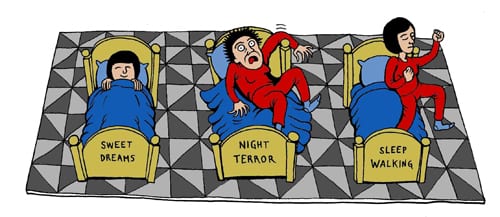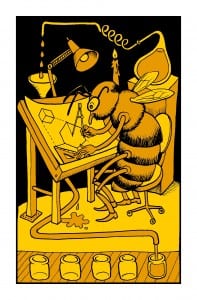A new level of extreme weather is upon us: solar super storms
By news editor, on 10 June 2013
![]() Written by Emily Burns, a UCL PhD student working in the Structural Biology laboratory at the London Research Institute.
Written by Emily Burns, a UCL PhD student working in the Structural Biology laboratory at the London Research Institute.
The surface of the Sun is a searing 5,500 degrees Celsius, with an ionised atmosphere that is brimming with magnetic fields. As activity levels rise, this giant ball of gas hurls its matter towards Earth, altering our own magnetic field and atmosphere.
The threat of extreme space weather wreaking havoc on our world all sounded a tad science fiction to me, until Dr Lucie Green explained all at the Cheltenham Science Festival.
As the audience was shown videos of the Sun releasing huge amounts of energy and expelling its atmosphere towards us, it became apparent that solar super storms – discussed a great deal in the media recently in light of a report released by the Royal Academy of Engineering – are a very real threat.
 Close
Close





